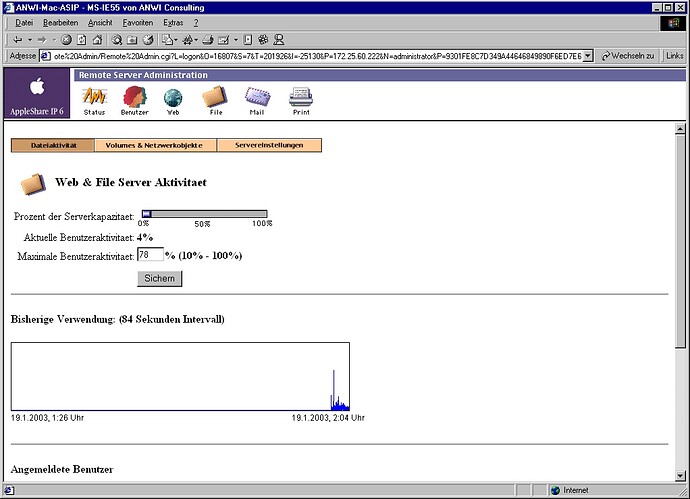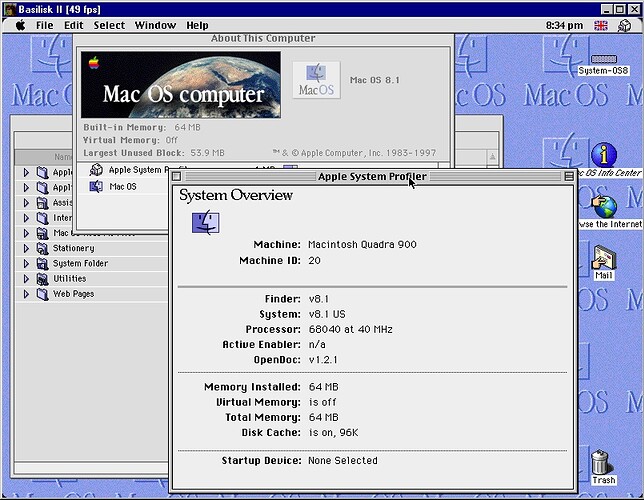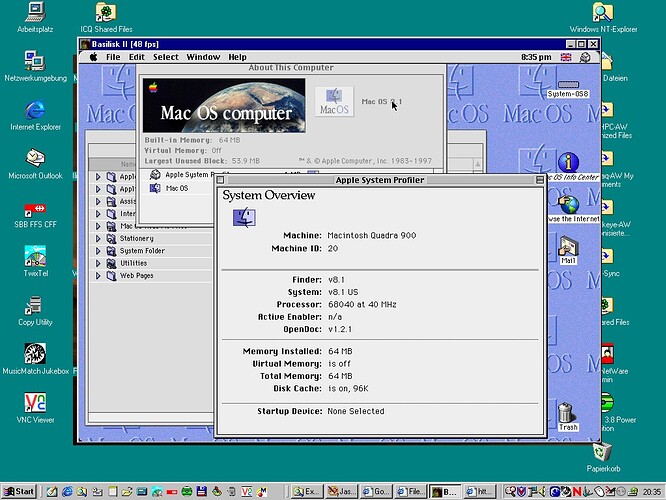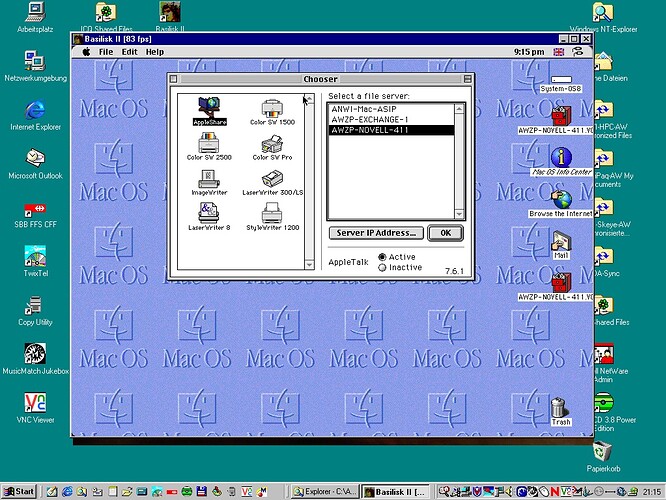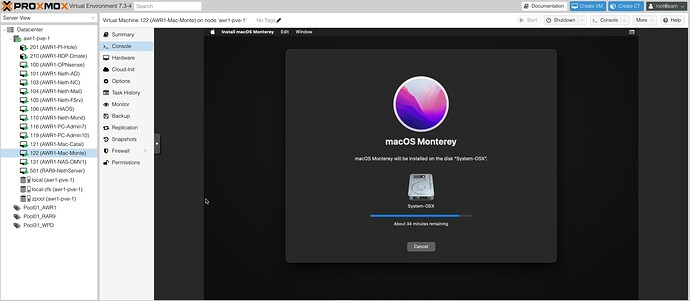Hi @sashaluda
Sounds you might be familiar with some of these…
Todays playpen:
Not productive, but suitable for testing, learning, software trials or just for fun.
Can’t beat a real Mac, but still’s fun…
![]()
My 2 cents
Andy
To join Nethservers AD from almost any Linux, see here:
